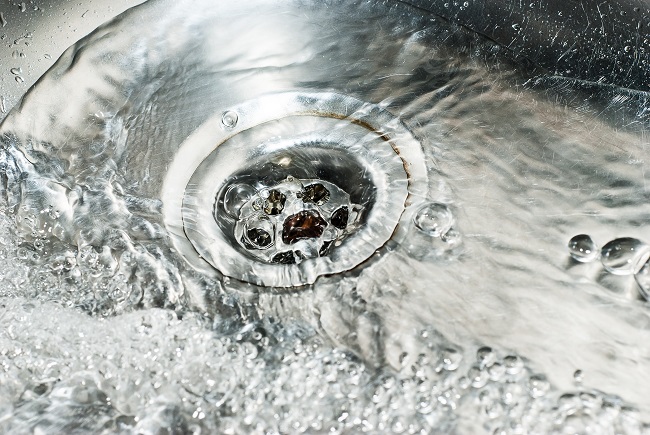Clogged Pipes: Unraveling the Mysteries in Your Plumbing
We’ve all been there: the slow-draining sink, the gurgling toilet, the standing water in the shower. Clogged pipes are a common plumbing problem that can disrupt your daily routine and even lead to costly damage if left unaddressed.
At East Texas Leak Locators, we understand the frustration and inconvenience of plumbing issues. In this blog post, we’ll delve into the common culprits behind clogged pipes and provide insights to help you prevent future blockages.

1. Hair, Hair Everywhere
One of the most frequent causes of clogged drains, particularly in bathrooms, is hair. Strands of hair shed naturally, and they can easily accumulate in pipes, trapping other debris and forming stubborn clogs.
- Shower and Bathtub Drains: Hair combines with soap scum and body oils to create a sticky mess that clings to pipe walls.
- Bathroom Sinks: Hair, toothpaste residue, and cosmetics can contribute to sink clogs.
2. Foreign Objects
It may seem obvious, but flushing or rinsing items that don’t belong in your plumbing system can lead to major clogs.
- Toilets: Avoid flushing anything other than toilet paper. Common culprits include feminine hygiene products, wipes (even those labeled “flushable”), cotton balls, and paper towels.
- Kitchen Sinks: Grease, food scraps, coffee grounds, and eggshells can solidify in pipes and cause blockages.
3. Mineral Buildup
Hard water contains high levels of minerals like calcium and magnesium. Over time, these minerals can deposit on pipe walls, reducing water flow and eventually causing clogs. This buildup is often referred to as “scale.”
- Pipes throughout your home: Mineral buildup can affect any pipe, but it’s particularly common in areas with hard water.
- Appliances: Scale can also affect appliances like water heaters and washing machines, reducing their efficiency and lifespan.
4. Tree Roots
Tree roots are naturally attracted to water sources. If there are cracks or leaks in your sewer line, tree roots can infiltrate the pipes, growing and expanding until they create a significant blockage.
- Sewer lines: Tree root intrusion is a common cause of sewer line clogs, which can lead to sewage backups in your home.
5. Pipe Issues
The pipes themselves can contribute to clogs. Older pipes, especially those made from cast iron or galvanized steel, can corrode and rust, creating rough surfaces that trap debris.
- Old or damaged pipes: Corrosion, sagging pipes, or improper pipe installation can all contribute to clogs.
Preventing Clogged Pipes
Taking proactive steps can help you avoid the hassle and expense of clogged pipes:
- Use drain strainers: Install strainers in your sinks and showers to catch hair and other debris.
- Dispose of waste properly: Never flush anything other than toilet paper down the toilet. Scrape food scraps into the trash before washing dishes.
- Flush with hot water: Periodically flush your drains with hot water to help prevent grease buildup.
- Consider a water softener: If you have hard water, a water softener can help reduce mineral buildup in your pipes.
- Schedule regular plumbing inspections: A professional plumber can identify potential problems before they become major issues.
Clogged pipes can be a major headache, but understanding the common causes and taking preventative measures can help you keep your plumbing system flowing smoothly. If you’re experiencing persistent clogs or suspect a more serious plumbing issue, don’t hesitate to contact the experts at East Texas Leak Locators. We have the experience and technology to diagnose and resolve your plumbing problems effectively.
